TINA TURNER
-
NOVEMBER 20
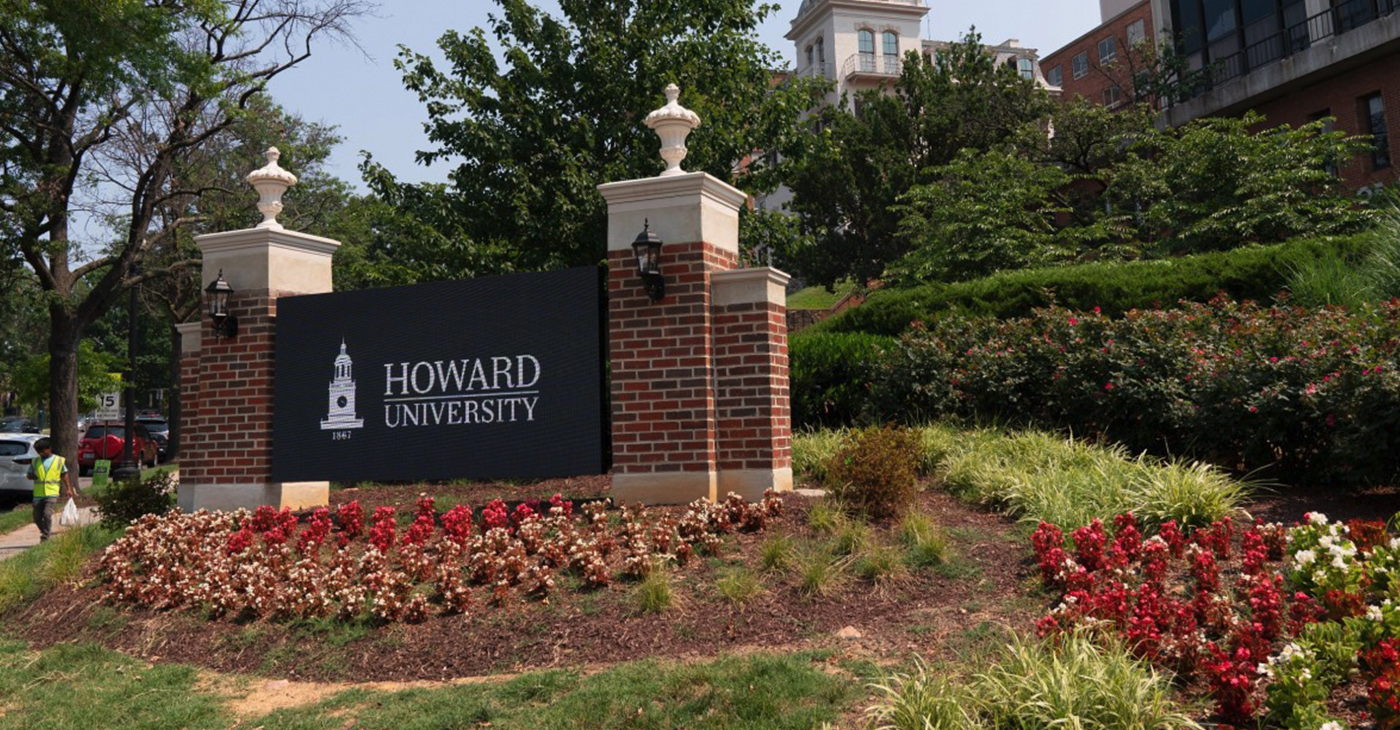
1867—Howard University is founded in Washington, D.C., as a result of a Congressional order. The school goes on to become an incubator of African Americans who play major roles in civil rights as well as Black intellectual and cultural development. It has approximately 12,000 students and is thus one of the largest predominantly Black universities in the nation.
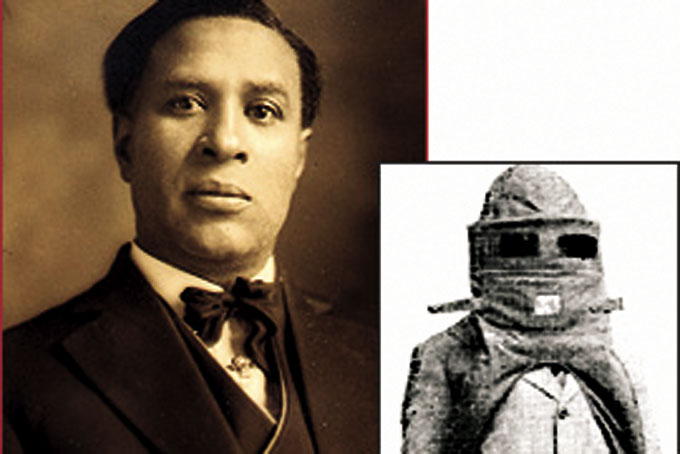
1923—Prolific Black inventor Garrett T. Morgan is awarded a patent for his t-shaped traffic signal—the basis of modern traffic lights. Morgan later sold the rights to the General Electric Corporation for $40,000. Shortly before his death in 1963, the U.S. government awarded Morgan a citation for his invention. He also invented the gas mask.
1939—The state of Maryland purchases Morgan State College in Baltimore. The predominantly Black educational institution was originally founded in 1867 by the Methodist Episcopal Church as the Centenary Bible Institute. It was renamed Morgan College in 1890. It currently has 6,000 students and is one of the leading Black universities in the nation.
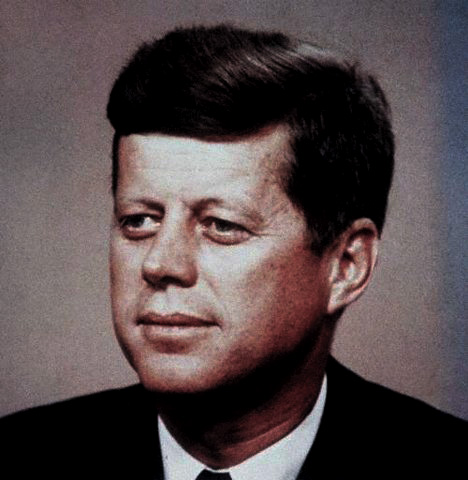
1962—President John F. Kennedy issues an executive order barring racial discrimination in all federally financed housing. It was one of several acts which led to the Kennedy name being highly revered by many Black voters.

1976—Gold medal winning Olympic gymnast Dominique Dawes is born in Silver Spring, Md.

1977—Chicago Bear great Walter Payton sets an NFL record by running for 275 yards in one game.
-
NOVEMBER 21
1865—Shaw University is founded in Raleigh, N.C. While virtually all historically Black colleges and universities were established after the Civil War, Shaw can rightfully claim to be the first established in the South.
-
NOVEMBER 22
1865—The Mississippi legislature enacts the first “Black Codes” aimed at controlling the former slaves. These laws, many of which other Southern states adopted, were so restrictive that they amounted to the re-enslavement of Blacks. In line with the view that much of racism has an economic basis, Blacks were specifically banned from owning farmland. Some of the “Black Codes” were eliminated during Reconstruction, but many actually remained on the law books until the Civil Rights Movement of the 1960s.
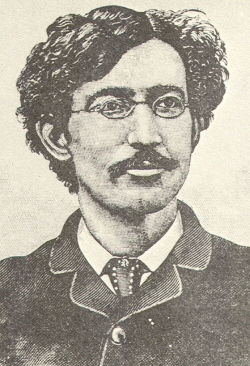
1884—Militant Black journalist and rights advocate T. Thomas Fortune starts the New York Freeman, which later became the New York Age. He was born in Mariana, Fla., in 1856 and died in Philadelphia, Pa., in 1928. Fortune was easily one of the most driven and influential Black journalists in American history.
1884—The Philadelphia Tribune is founded by Christopher J. Perry.
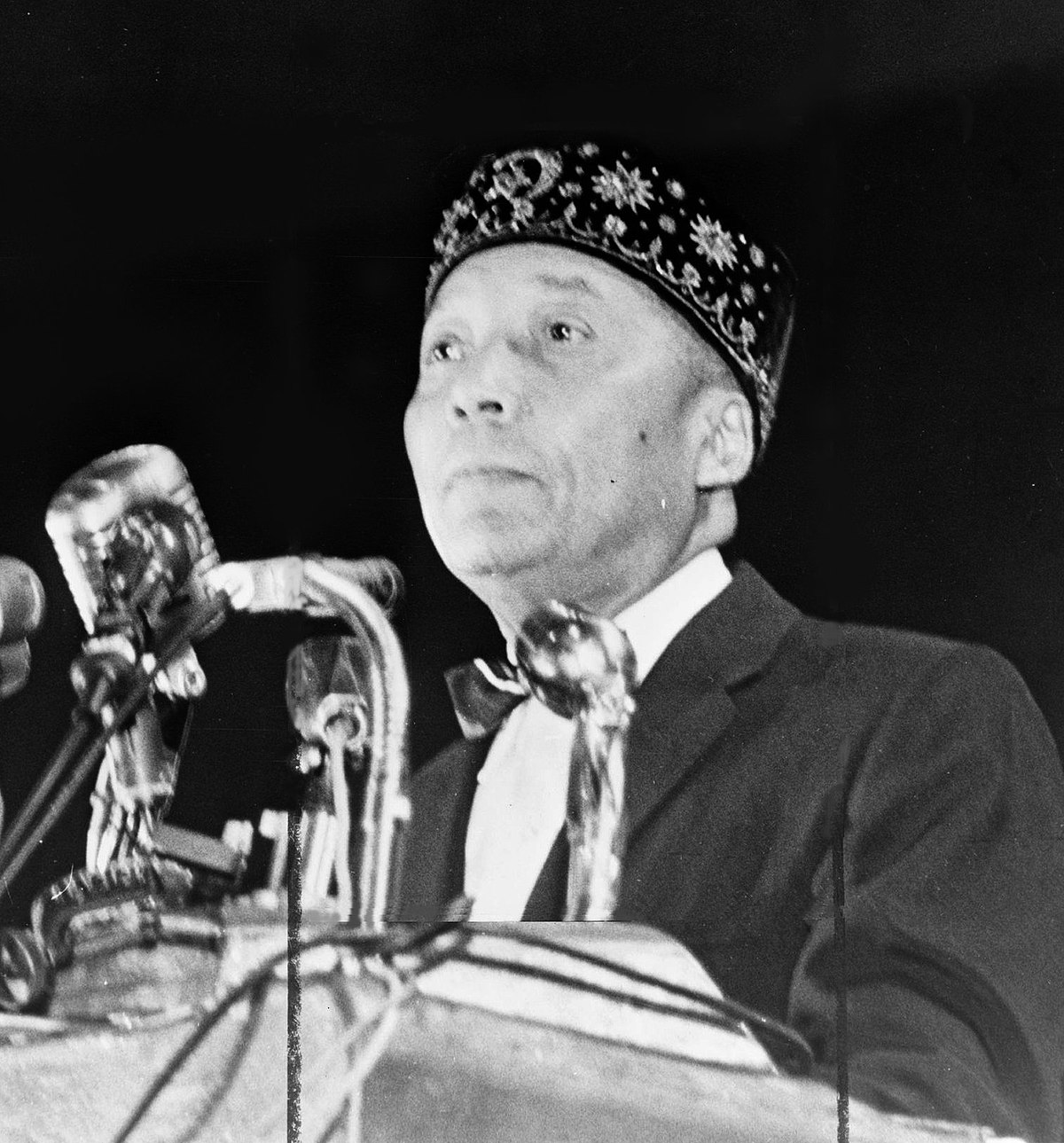
1930—The Nation of Islam is founded in Detroit, Mich. A lot of controversy surrounds the founding. But the general view is that the NOI was founded by Wallace Fard Muhammad and Elijah Muhammad was his immediate successor. The Nation of Islam reached its height during the days of Min. Malcolm X advocating self-respect and economic development. It is currently headed by Min. Louis Farrakhan.
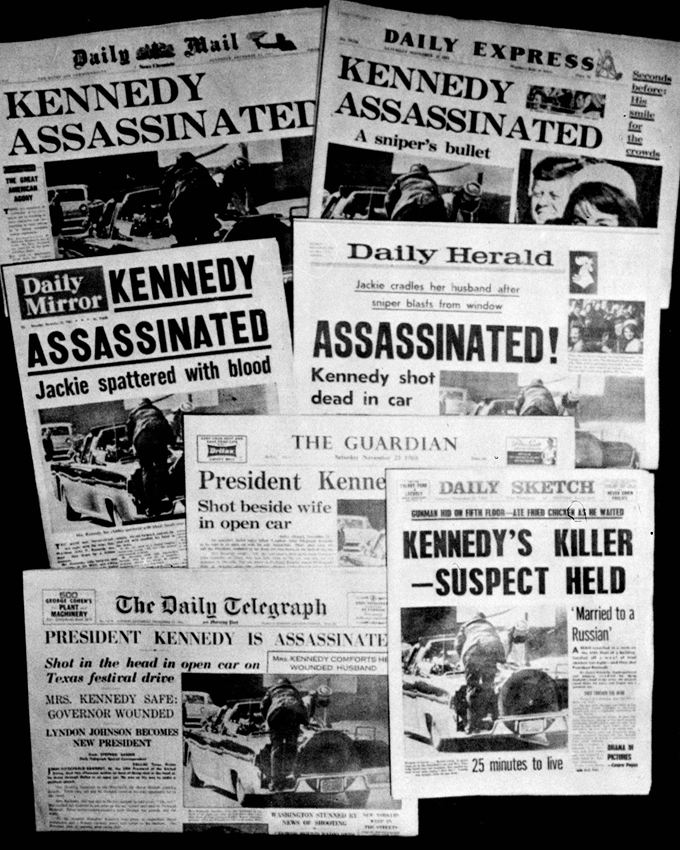
1963—The 35th president of the United States John F. Kennedy is assassinated in Dallas, Texas, sending shock waves throughout the nation and the world. Black Americans were especially hard hit because many had come to view Kennedy as the first modern anti-racist, pro-Black president. Conspiracy theories still abound which reject the official version of who killed him and why.
-
NOVEMBER 23
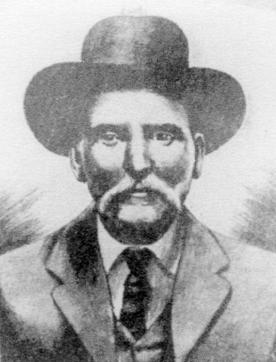
1897—Self-educated engineer Andrew J. Beard is awarded a patent (#594,059) for an automatic railroad car coupling device—the Jenny Coupler. Prior to this device rail cars were joined manually and hundreds of workers lost fingers, hands and arms. Beard eventually sold rights to his invention for $50,000.
1980—More than 1,000 Blacks from 25 states gathered in Philadelphia, Pa., and formed the National Black Independent Political Party. However, the lack of funding and Black voter allegiance to the Democratic Party doomed the effort.
-
NOVEMBER 24
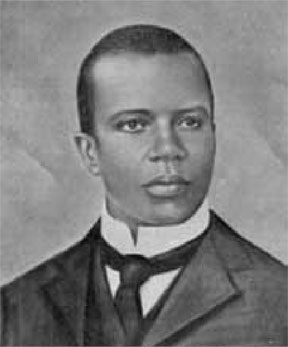
1868—Scott Joplin is born in Texarkana, Texas. Joplin becomes skilled at the piano and with composing music. As a result of these skills and his energy, he becomes one of the leading founders of a music genre known as “Ragtime,” which was one of the most popular types of music in America for at least 20 years. The most popular “Ragtime” tune was Joplin’s “Maple Leaf Rag” of 1897. Sadly, the talented Joplin died in a New York City asylum at the age of 49.
-
NOVEMBER 25
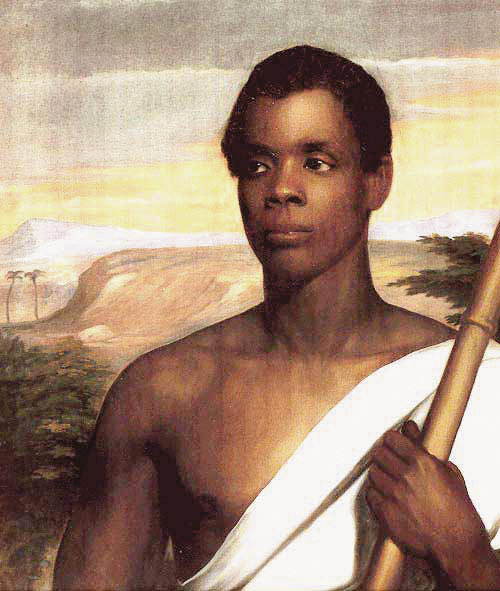
1841—The 35 survivors of the Amistad Mutiny return to Africa. On July 2, 1839, slaves, led by Joseph Cinque, killed the captain of the Cuban slave ship Amistad, took control and ordered the crew to sail back to Africa. The ship, however, was seized by a U.S. ship. The government wanted to try the slaves for murder. None other than former President John Quincy Adams decided to represent the rebel Blacks. In a surprise decision for its time, a judge ruled that the slaves had been kidnapped and had a right to use violence to free themselves. On this day in 1841, the survivors were allowed to return to Africa.

1949—Luther “Bill” (Bojangles) Robinson dies in New York City. The famed dancer was born on May 25, 1878 in Richmond, Va. Initially, he gained fame on the nightclub circuit performing in musical comedies. Later, he became the toast of Broadway and then Hollywood appearing in 14 motion pictures. He is credited with taking an early style of Black dance called “buck dancing” and turning it into what we know today as tap dancing. Amazingly, the energetic Robinson died of a chronic heart condition.
1955—The Interstate Commerce Commission bans segregation on buses and in waiting rooms involved in interstate travel.
-
NOVEMBER 26
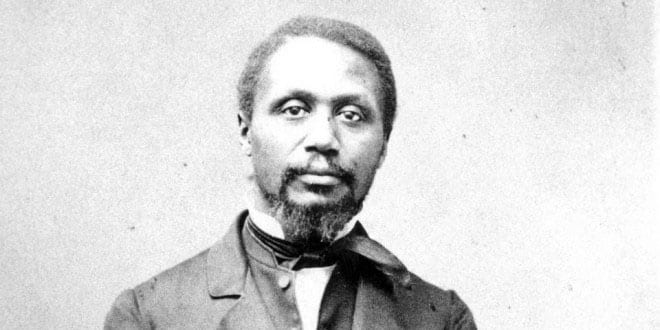
1873—Macon B. Allen is elected a judge in Charleston, S.C. Allen holds the distinction of being America’s first Black lawyer having been admitted to the bar in Massachusetts on March 5, 1845. During Reconstruction he decided to aid the former slaves in the South by moving to South Carolina and running for judge.
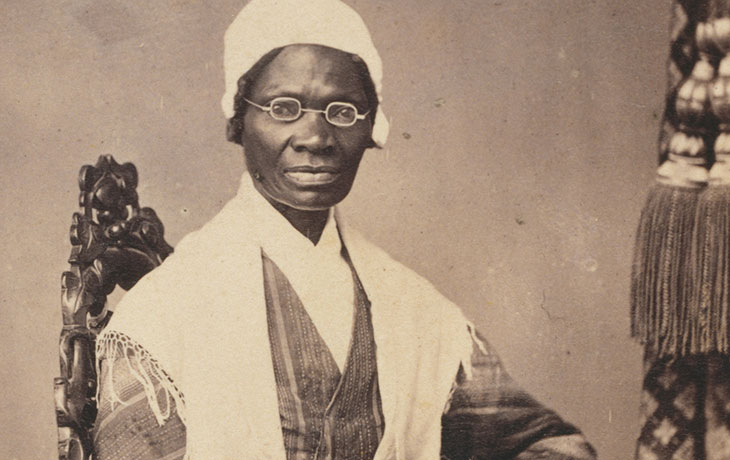
1883—Sojourner Truth dies at her home in Battle Creek, Mich. Truth was a major figure in the abolition movement fighting long and hard to bring an end to the dreaded institution. After slavery, she became a major voice for Black rights and women’s right to vote.
1895—The National Negro Medical Association is founded. It is now called the National Medical Association and has a membership including 25,000 doctors and health care providers.

1938—Grammy Award-winning singer Tina Turner is born Annie Mae Bullock in Nutbush, Tenn. She (along with her husband, Ike) reaches stardom among R&B music lovers. But after a divorce, she restyles herself and captures an even broader audience.
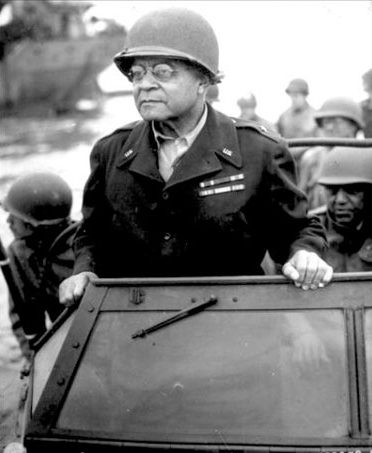
1970—Benjamin O. Davis Sr., the nation’s first Black general, dies at his home in Chicago.
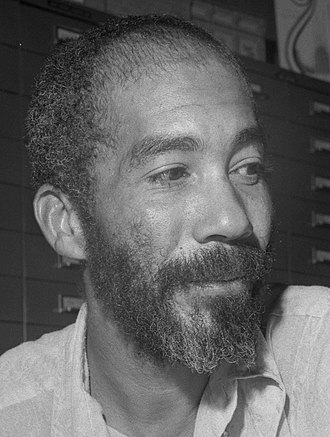
1970—Charles Gordone receives the Pulitzer Prize for his play “No Place To Be Somebody.”


